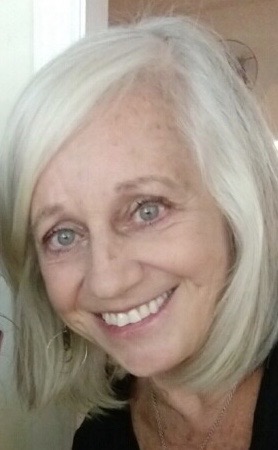
What’s the most important lesson you’ve learned as an editor?
First, do no harm. What I mean by that is with every story I read as an editor, I want to first find something to like. Even the novice writer, or the experienced one struggling through a bad patch, will produce at least one thing that sings — a riveting passage, revealing description or unforgettable snatch of dialogue. I want to begin our conversation by talking about that high point in the writing (or reporting) before sharing more critical thoughts. It breaks the ice, and it also says, this is what works, I want more of that. I’m not talking about being disingenuous. I’m talking about trying to call upon my most generous self. That often creates in the writer an openness to hearing more, even if it’s critical.
What has been the most important surprise of your editing life?
That I would get to live vicariously through my writers, that they would let me into their processes so completely and willingly share their adventures. I am grateful for the amazing journeys they have taken me on.
If you had to use a metaphor to describe yourself as an editor, what would it be?
What I aspire to be is a magician whose contribution to the storytelling is invisible to the reader and regarded by the writer as a welcome act of wizardry.
What’s the best piece of editing advice anyone gave you?
Lary Bloom, who I worked for at Northeast Magazine at the Hartford Courant, once said to me: “Don’t be the editor of the greatest unpublished work.” What that meant was take a risk to like something, to champion it and polish it and then publish it. You’ll never face criticism for the manuscripts you turn down; no one will see them. As an editor, you have to open yourself to scrutiny for what you choose to publish, and then stand behind it. That’s your job!
(Lary, by the way, was the legendary one-time editor of Tropic Magazine at the Miami Herald before founding Northeast in the heyday of Sunday newspaper magazines.)
Jan Winburn is a fan of artful storytelling, kickass reporting and the powerful melding of the two. She spent more than four decades working in newsrooms as a narrative editor, writing coach and investigative editor and now teaches in the University of Georgia’s MFA program in Narrative Nonfiction. She edited Lisa Pollak’s 1997 Pulitzer Prize for Feature Writing, and the Dart Society recognized Winburn’s career work with its 2009 Mimi Award given to editors “who encourage journalistic excellence.” Her writers have won many of the top prizes in journalism, including a Peabody Award, a Murrow, The Livingston Award for Young Journalists, the Ernie Pyle Award, the Al Neuharth Award for investigative journalism, the John Jay College Award for criminal justice reporting, the Wilbur Award for religion coverage, and the Batten Medal for public service. She led reporting teams at CNN, the Baltimore Sun, the Philadelphia Inquirer, the Hartford Courant and the Atlanta Journal-Constitution. She earned her bachelor’s degree in journalism at the University of Missouri. She is the author/editor of “Shop Talk and War Stories: Journalists Examine Their Profession” and co-editor of two e-books,“Secrets of Prize-Winning Journalism 2013” and 2014.
Jan is the best! The State of Missouri is proud of her. Jan continued her high school and college excellence throughout her career!
Great advice, Jan. Love the metaphor about being a magician.